PlacesAtNiagara
TPF Noob!
- Joined
- Jun 7, 2011
- Messages
- 6
- Reaction score
- 0
- Location
- Northeastern Ohio
- Can others edit my Photos
- Photos NOT OK to edit
Hello all, I've been a member for about 30 minutes now, and this is my first post. I'm very much a beginner. Glad to be with you all!
I took several photos of a Memorial Day Parade in my little home town, and I noticed something later which puzzles me. Once my photos were on my computer screen, I could zoom into them so deeply that I can see details as small as wiskers perfectly on the faces of some of the guys in the scene. For fun, I thought I'd play around with cropping and resizing to see if I could make usable photos from the image on my screen which was 'zoomed in' very close. (You probably all know what's coming next) When I cropped and resized, the results were pixelated and terrible.
A call to my camera store told me that I was sacrificing pixels when I tried to crop and resize, and I 'almost get' what they are telling me... but I'm still confused. If zooming in on the computer screen can reveal such amazing detail, why is that detail lost when I try to crop a small section of the image and then resize it to a standard size? Is there any way to tap into that amazing detail? If not, why would such detail only reside on a computer screen and not be available to a cropped photo? Is there a way to make photos work in this way that I don't know about? (Just curious.)
Hope my first post makes sense. Thanks! -- Greg
I took several photos of a Memorial Day Parade in my little home town, and I noticed something later which puzzles me. Once my photos were on my computer screen, I could zoom into them so deeply that I can see details as small as wiskers perfectly on the faces of some of the guys in the scene. For fun, I thought I'd play around with cropping and resizing to see if I could make usable photos from the image on my screen which was 'zoomed in' very close. (You probably all know what's coming next) When I cropped and resized, the results were pixelated and terrible.
A call to my camera store told me that I was sacrificing pixels when I tried to crop and resize, and I 'almost get' what they are telling me... but I'm still confused. If zooming in on the computer screen can reveal such amazing detail, why is that detail lost when I try to crop a small section of the image and then resize it to a standard size? Is there any way to tap into that amazing detail? If not, why would such detail only reside on a computer screen and not be available to a cropped photo? Is there a way to make photos work in this way that I don't know about? (Just curious.)
Hope my first post makes sense. Thanks! -- Greg


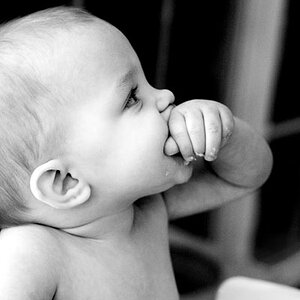
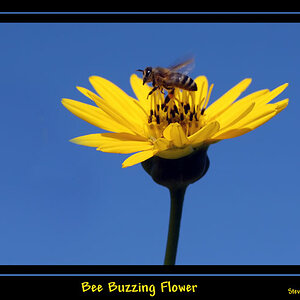
![[No title]](/data/xfmg/thumbnail/37/37113-886cb28b1e3fb197bdd00a9148269407.jpg?1619737882)
![[No title]](/data/xfmg/thumbnail/32/32177-3a3d923fa1584c6ef7d6602aaa24fbc6.jpg?1619735235)
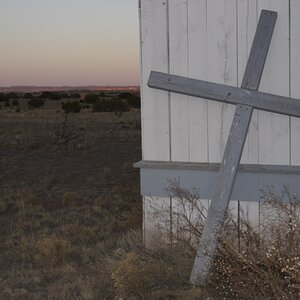
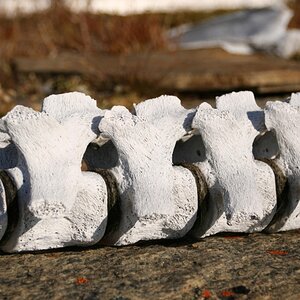
![[No title]](/data/xfmg/thumbnail/41/41899-007f14ae0d832ef200fd62eedc4da42e.jpg?1619739936)
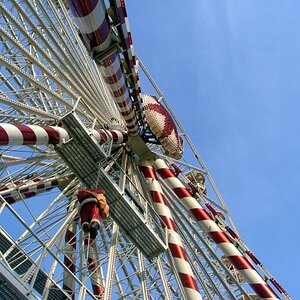
![[No title]](/data/xfmg/thumbnail/32/32178-010a47bfeb945bdafb02b0ee4888290c.jpg?1619735235)

![[No title]](/data/xfmg/thumbnail/32/32179-99b00fe3df8a5ed7303ced76980128fd.jpg?1619735235)
![[No title]](/data/xfmg/thumbnail/37/37115-e2d49d984453c62a2a20cf741e3d6679.jpg?1619737883)